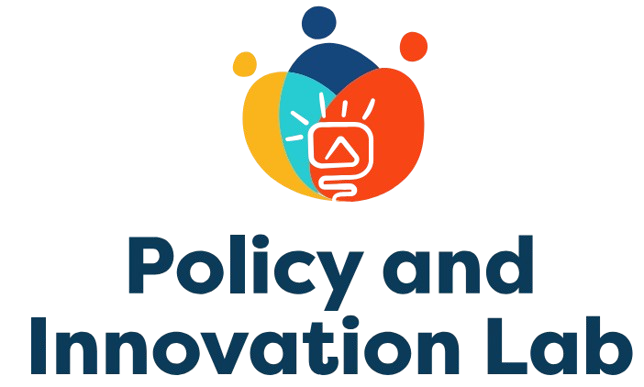

Programme:
Generation Unlimited Youth Challenge 3.0 initiative Siachen Sherpa Grant Winners are Zeeshan Abbas, Ghayoor Abbas, and Mairaj Muhammad
Brief Profile:
Siachen Sherpa is a team of three adolescents—Zeeshan Abbas, Ghayoor Abbas, and Mairaj Muhammad—hailing from Khaplu, Gilgit-Baltistan. Their project aims to tackle water scarcity in the region by creating artificial glaciers. These glaciers mimic natural ice formations to store water during the winter months, which is then used for irrigation as it melts in spring. Siachen Sherpa partnered with UNFPA and other local organizations to launch this initiative.
In 2022, Siachen Sherpa first applied to the Generation Unlimited Youth Challenge 3.0, where they received a grant of PKR 175,000. With this initial funding, they successfully built their first artificial glacier in Happi Village, Khaplu, which effectively addressed water scarcity and boosted agricultural productivity. Based on the success of this project, in 2024, UNICEF, in partnership with the School of Leadership Foundation, is endorsing the team with an additional seed funding of PKR 2.4 million. This new grant will allow them to expand their initiative and construct more artificial glaciers in Machlu Village, Khaplu, further scaling their impact on water management in the region.


Programme:
Generation Unlimited Youth Challenge 3.0 initiative Zamurd Enterprises Grant Winners Bilal Ahmed, Salal.
Brief Profile:
Zamurd Enterprise is an innovative team from Balochistan, led by Bilal Ahmed, Salal. Their project focuses on producing biodegradable plastic bags with an integrated expiry sensing mechanism. This unique solution not only promotes environmental conservation but also enhances food safety. Zamurd Enterprise launched their project as part of the Generation Unlimited Youth Challenge 3.0, with support from the National Incubation Center (NIC) at BUITEMS Quetta.
Zamurd Enterprise initially applied to the Generation Unlimited Youth Challenge 3.0, where they received a grant of PKR 175,000. With this funding, they successfully created prototypes of their biodegradable plastic bags with an integrated expiry sensing mechanism. Following this, they were selected for a global venture among 12 teams. As a result, they secured an additional grant of PKR 2.4 million from UNICEF in partnership with the School of Leadership Foundation. Between January 2023 and December 2023, the team used this grant to purchase the necessary machinery and begin large-scale production of their biodegradable plastic products.

Initiative:
The Red Code
Grant Winners:
Sara Farooq Khan, Sana Farooq Khan, and Mahin Usman
Brief Profile:
The Red Code is a youth-led initiative co-founded by Sara Farooq Khan, Sana Farooq Khan, and Mahin Usman, three young students from Karachi. Their project aims to tackle menstrual hygiene issues faced by women in low-income communities. By training these women to manufacture basic, reusable cloth pads, The Red Code promotes eco-friendly alternatives while empowering women to gain financial independence. This project, led by women for women, seeks to improve menstrual hygiene management in a sustainable and impactful way.
The Red Code successfully passed through all stages of the Generation Unlimited Youth Challenge (2018-19) and emerged as one of the top 5 winning teams out of 32 global competitors. As a result, they will receive seed funding of US$20,000 to scale their initiative. This funding will allow them to expand their efforts, reaching more women in low-income groups in Karachi and providing them with the skills and resources to improve their livelihoods. The team’s future plans include furthering their reach, increasing production, and continuing their focus on empowering women through self-reliance and sustainable practices.
The Red Code successfully passed through all stages of the Generation Unlimited Youth Challenge (2018-19) and emerged as one of the top 5 winning teams out of 32 global competitors. As a result, they will receive seed funding of US$20,000 to scale their initiative. This funding will allow them to expand their efforts, reaching more women in low-income groups in Karachi and providing them with the skills and resources to improve their livelihoods. The team’s future plans include furthering their reach, increasing production, and continuing their focus on empowering women through self-reliance and sustainable practices.



